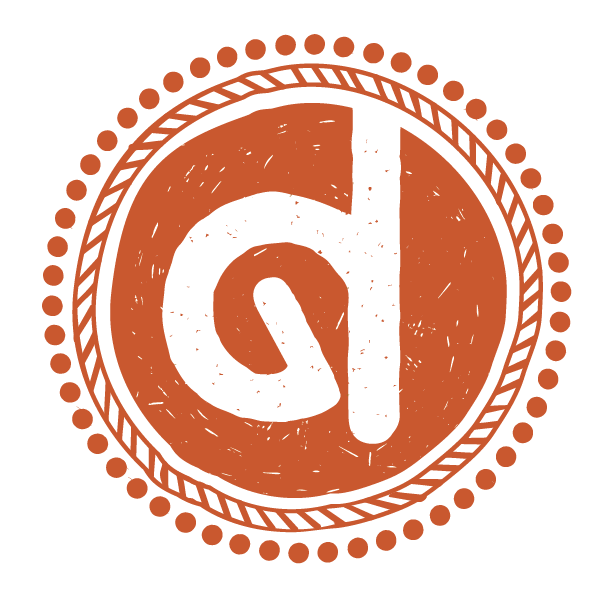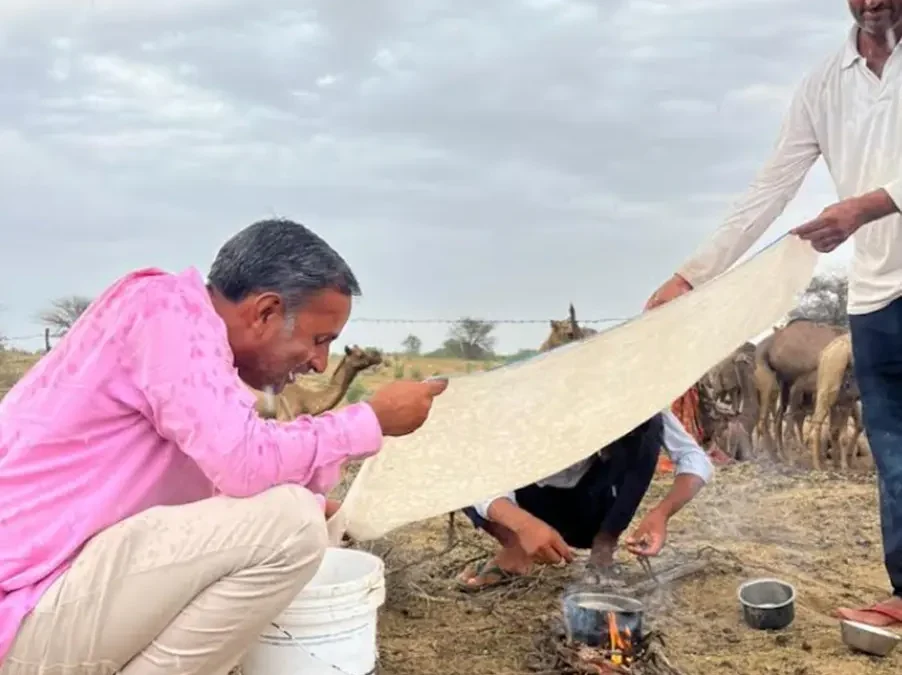
When the desert makes cheese
When the desert makes cheese
Last weekend at LOTS, a quiet miracle happened. We brought camel cheese to a chef tasting with LOTS and the reaction surprised everyone. On a wooden board, nestled among familiar cheeses, sat something the world had barely tasted: India’s first camel cheese.
The room leaned in. Chefs sniffed, broke off slivers, and closed their eyes. The flavor was clean, nutty, a little salty like a whisper of the desert carried on the tongue. For a moment, Bajju, a small village in Rajasthan’s Thar, had entered the global food map.
Milking innovation in the desert
Cheese has always been the art of turning milk into memory. But making cheese from camel milk is not easy its proteins resist curdling, its fat globules behave differently, and it needs special fermentation cultures
But impossible is what the desert does best.
With a bit of microbial wizardry and a lot of patience, Bahula and its partners cracked the code. The result? A cheese that is not just food, but a story: of adaptation, innovation, and survival.
The science behind the cheese
Camel milk is already known as “white gold” for its health benefits. It’s rich in insulin-like proteins that help regulate blood sugar, has smaller fat molecules that are easier to digest, and is loaded with immune-boosting compounds. Translating that into cheese means you now have a functional food that chefs love and nutritionists cheer.
Imagine a cheese platter that doesn’t just pair with wine, but also supports gut health. A ravioli filling that lowers sugar spikes. A desert terroir on your plate.
More than cheese: a cultural moment
Every time you bite into camel cheese, you’re not just tasting a new product. You’re participating in a cultural shift, one where pastoralists of Rajasthan, once written off as “dying livelihoods,” are now innovators in the global food story.
This isn’t charity. This is cuisine.
It’s slow food meeting science, tradition meeting terroir.
What’s next?
Camel cheese will travel. From Thar to Delhi, from India to the world. Like quinoa, like kombucha, it will go from niche to necessary. And maybe, years from now, someone in New York or Tokyo will casually say at brunch, “Oh, have you tried the camel brie? It’s divine.”
If you’d like a tasting note or a behind-the-scenes write-up on the technique, reply to this email or you can try out our cheese from our website.

